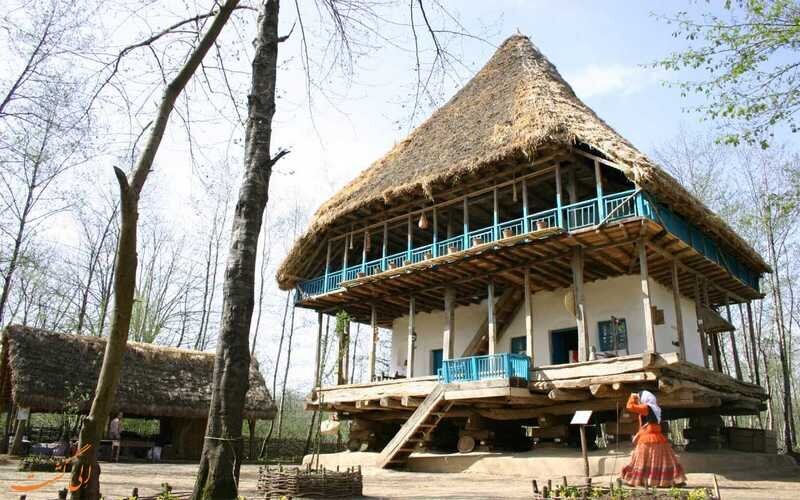UNWTO unveils priorities for rural tourism development

The World Tourism Organization (UNWTO) has recently released a report that defines the status of rural tourism in its member states aimed at identifying the main challenges and opportunities in the path of rural tourism development.
In a May 17 statement, the UN body stressed that this report aims to identify significant challenges and opportunities related to tourism as a catalyst for rural development from a policy perspective.
The report also found that 59 percent of all member states see rural tourism as a priority, with an overwhelming 96 percent of member states expecting a brighter future for the sector in the coming years.
The potential benefits of tourism for rural areas include new employment opportunities, improved quality of life, and measures to counteract population decline. Protection and promotion of cultural heritage and protection of the environment have also been recognized by Member States as the main potential benefits of rural tourism.
Based on UNWTO research, the top three challenges related to realizing tourism potential for rural development includes deficiencies in roads, ports, airports, and other infrastructure that allow access to rural areas, which remains a challenge for the countries surveyed represents.
As mentioned by the UNWTO, the challenge is that the seasonality and competitiveness of agricultural products contribute to the depopulation of rural areas as they increase the instability of rural businesses, which impedes the maintenance of population and human resources.
Another challenge the organization sees is the lack of education and training, but also skills development in rural areas and the ability to attract and retain talent in the workforce.
Managing the impacts of natural resource degradation Restrictions on access to financial systems; limitations in the development of innovative tourism products in rural areas; limitations in data handling and digitization and knowledge management are among other issues that rural tourism faces, according to the report.
In order to help support the Sustainable Development Goals (SDGs), UNWTO Member States noted the potential of rural tourism to advance SDG 8 (Decent work and economic growth), SDG 1 (No poverty), SDG 11 (Sustainable cities and communities) and SDG 5 (Gender Equality).
The report was presented during the 118th session of the UNWTO Executive Board in Punta Cana, Dominican Republic, as part of the work of the UNWTO Tourism Rural Development Program, which aims to develop initiatives and programs for the growth of the sector and to monitor tourist destinations around the world.
The World Tourism Organization sees rural tourism as a type of activity in which the visitor’s experience is related to a wide range of products generally linked to nature-based activities, agriculture, rural lifestyle, culture, angling, and sightseeing. Such tourism also possesses characteristics such as low population density, a landscape dominated by agriculture and forestry, as well as traditional social structure and lifestyle.
The World Tourism Organization is the United Nations' agency responsible for promoting responsible, sustainable, and accessible tourism.
Glimpses of rural tourism in Iran
Having numerous pristine rural landscapes, picturesque villages, and natural gifts, Iran has many to offer to nature lovers. In addition, rural tourism development has the potential to support local communities and economies and create new opportunities for employment and income generation.
Despite the enormous potential for rural tourism in Iran, significant challenges need to be addressed to fully exploit this potential. One of the biggest challenges is infrastructure - many rural areas lack the basic amenities and facilities that tourists expect, such as adequate transport, accommodation, and tourism facilities. This can make it difficult for visitors to access and explore Iran's rural areas and limit the potential impact of tourism on these communities.
In order to realize the full potential of rural tourism in Iran, it is necessary to address the challenges and seize the opportunities. This requires investment in infrastructure, promotional and marketing initiatives, and the development of partnerships and collaborations among local communities, tour operators, and government agencies. With the right support and investment, rural tourism in Iran has the potential to be a major engine of economic, social, and cultural development while providing unforgettable experiences for visitors from around the world.
AFM
Leave a Comment